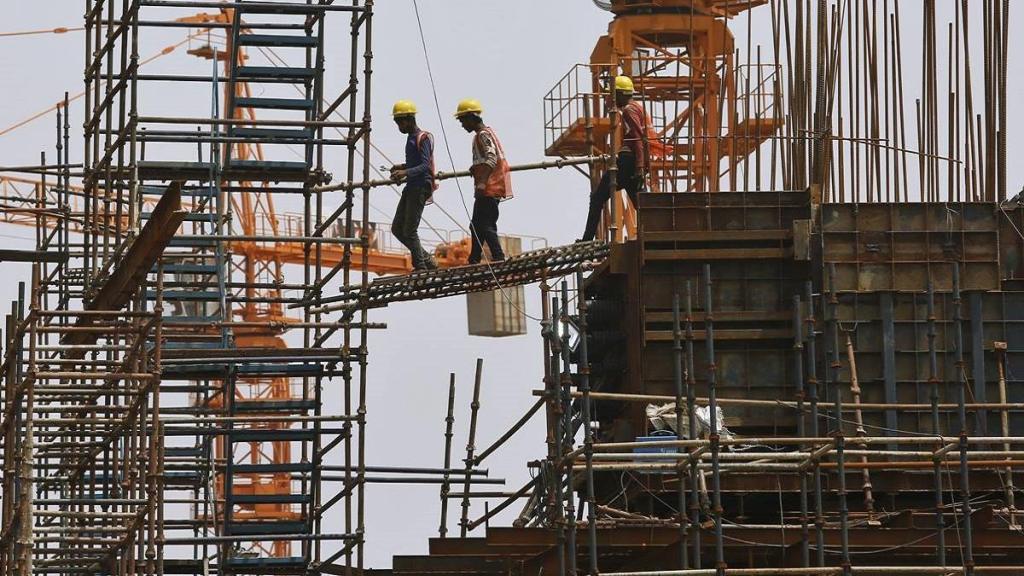Half of India’s public infrastructure is ill-equipped to handle disasters, according to CBRE South Asia Pvt Ltd, which raised concerns during the Infrastructure Management Conference 2024, held in Delhi on Wednesday. The event, organised by CBRE in collaboration with the Confederation of Indian Industry (CII), highlighted the country’s vulnerability to both natural and man-made disasters, urging immediate action to bolster infrastructure readiness.
CBRE emphasized that the increasing frequency of natural disasters, such as floods, extreme temperatures and cyclones, poses a significant threat to India’s economy, population and long-term development. The firm also noted that man-made risks, including industrial accidents, cyberattacks and public health crises, further expose the country’s infrastructure to significant challenges.
Chairman and CEO of CBRE for India, Southeast Asia, the Middle East and Africa Anshuman Magazine identified inadequate risk management as a core issue. “Inadequate risk management is a primary cause of the challenges we see in infrastructure projects. This leads to direct financial losses, hinders GDP growth, and negatively impacts both reputation and society,” Magazine said. He added that while India is making strides in infrastructure development, it is crucial to adopt a proactive approach to ensure a sustainable and resilient future.
The discussion pointed to several contributing factors worsening the situation, including unplanned urbanisation, demographic shifts and climate change. Infrastructure in high-risk areas is especially vulnerable and environmental degradation continues to exacerbate the problem.
A key focus of the conference was how adopting Smart Facilities Management (FM) could help improve disaster preparedness. Technologies such as IoT sensors, AI-driven analytics and machine learning algorithms were identified as critical tools in predicting and preventing equipment failures, reducing downtime and optimising resource allocation in real estate assets.
CBRE concluded that India must embrace innovative, agile and forward-thinking practices to safeguard its public infrastructure. The conference emphasized that enhancing disaster preparedness and adopting cutting-edge technology are essential for a future-ready foundation.
(With inputs from agencies)


